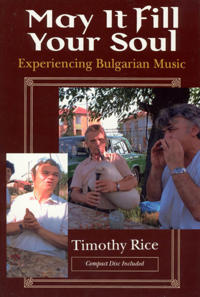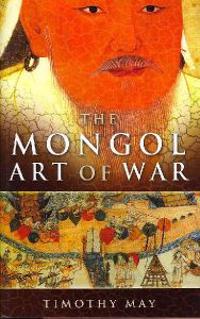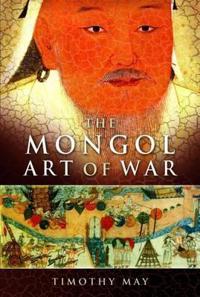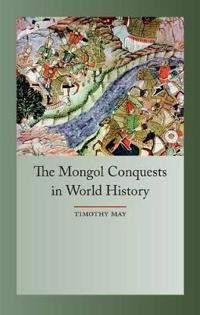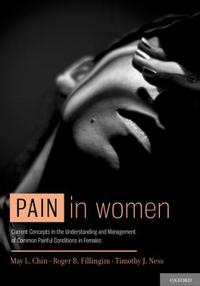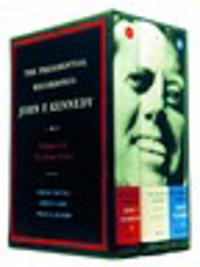May It Fill Your Soul (Pocket)
avTimothy Rice
ISBN: 9780226711225 - UTGIVEN: 1994-07This ethnography documents and interprets the history of folk music, song and dance in Bulgaria over a 70-year period of dramatic change. From 1920 to 1989, Bulgaria changed from a nearly medieval village society to a Stalinist-planned industrial economy to a mix of capitalist and socialist markets [...]
The Mongol Art of War: Chinggis Khan and the Mongol Military System (Inbunden)
avTimothy May
ISBN: 9781594160462 - UTGIVEN: 200707""An authoritative study of one of history's most feared and successful armies. . . . May concludes this definitive study by tracing the Mongol legacy to modern mechanized warfare.""--Publishers Weekly""They razed cities to the ground, burnt woods, pulled down castles, tore up the vine trees, destro[...]
Mongol Art of War (Inbunden)
avTimothy May
ISBN: 9781844154760 - UTGIVEN: 2007-03Presents a study of organization of war under Genghis Khan. The author demonstrates that the Mongol military was a disciplined and complex military organization. He describes the make-up of the Mongol army from its inception to the demise. He looks at the strength, quality and versatility of Mongol [...]
The Mongol Conquest in World History (Inbunden)
avTimothy May
ISBN: 9781861898678 - UTGIVEN: 201202The Mongol Empire (c. 1200-1350) in many ways marks the beginning of the modern age, as well as globalization. While communications between the extremes of Eurasia existed prior to the Mongols, they were infrequent and often through intermediaries. The rise of the Mongol Empire changed everything: t[...]
Pain in Women (Inbunden)
avMay L. (EDT) Chin, Roger B. (EDT) Fillingim, Timothy J. (EDT) Ness
ISBN: 9780199796410 - UTGIVEN: 2013-01As recently detailed in an Institute of Medicine Report, pain represents one of the most costly and prevalent public health conditions in the United States, and the burden of pain is substantially greater for women than men. Women make up half of the world's population. Yet, the overall treatment [...]
Presidential Recordings-John F. Kennedy (Inbunden)
avPhilip D. (EDT) Zelikow, Timothy (EDT) Naftali, Ernest R. (EDT) May
ISBN: 9780393049541 - UTGIVEN: 2001-10These are the first three volumes of the complete transcription of declassified US presidential recordings, annotated by a group of scholars. These volumes cover July-October 1962, revealing Kennedy and top advisers negotiating such events as US covert action in Brazil, racial unrest at the Universi[...]

